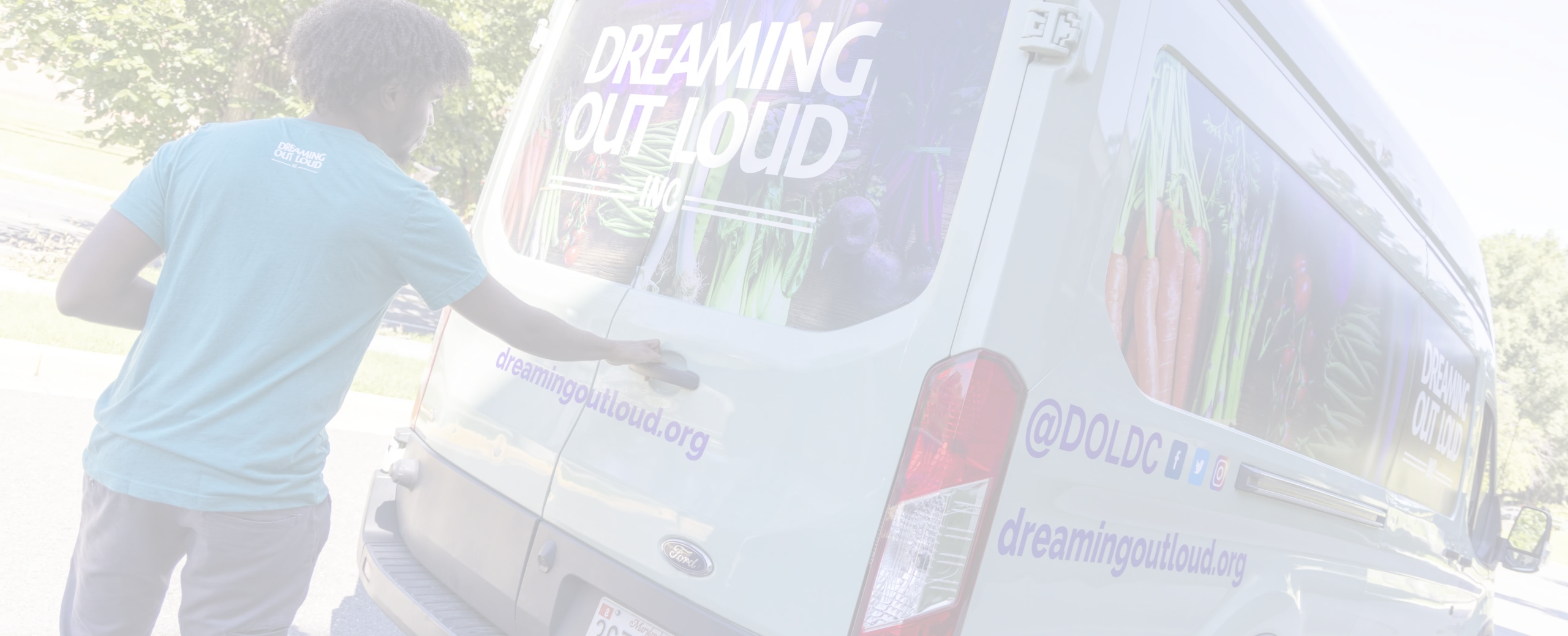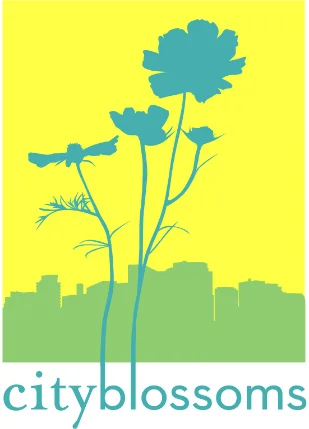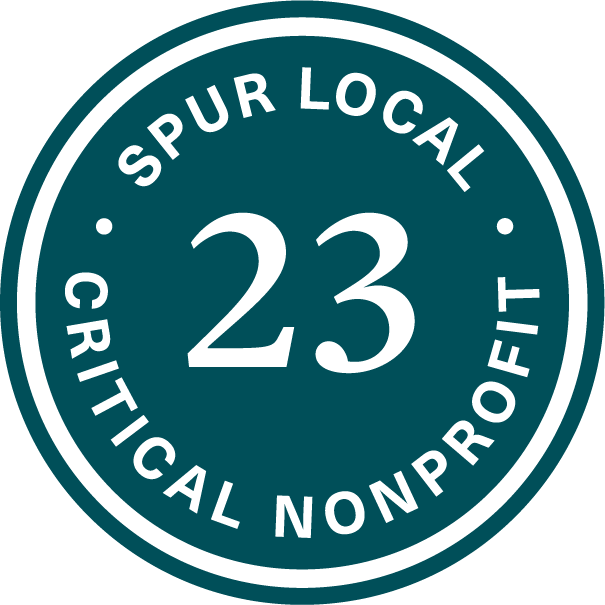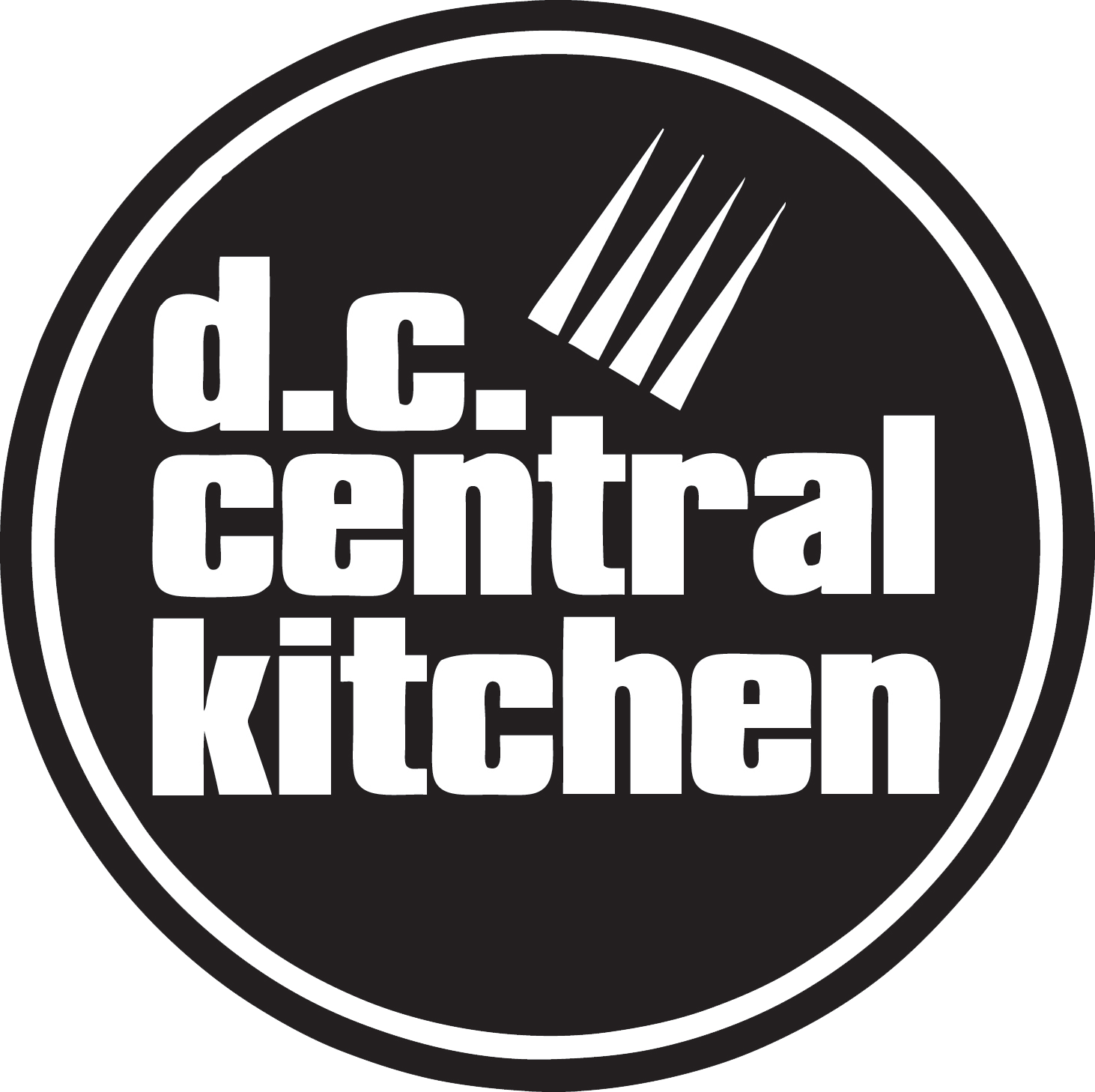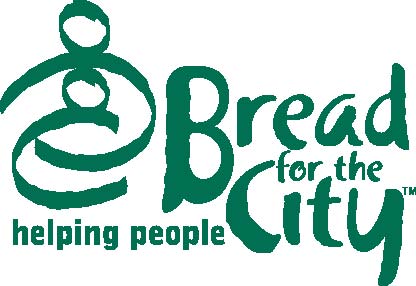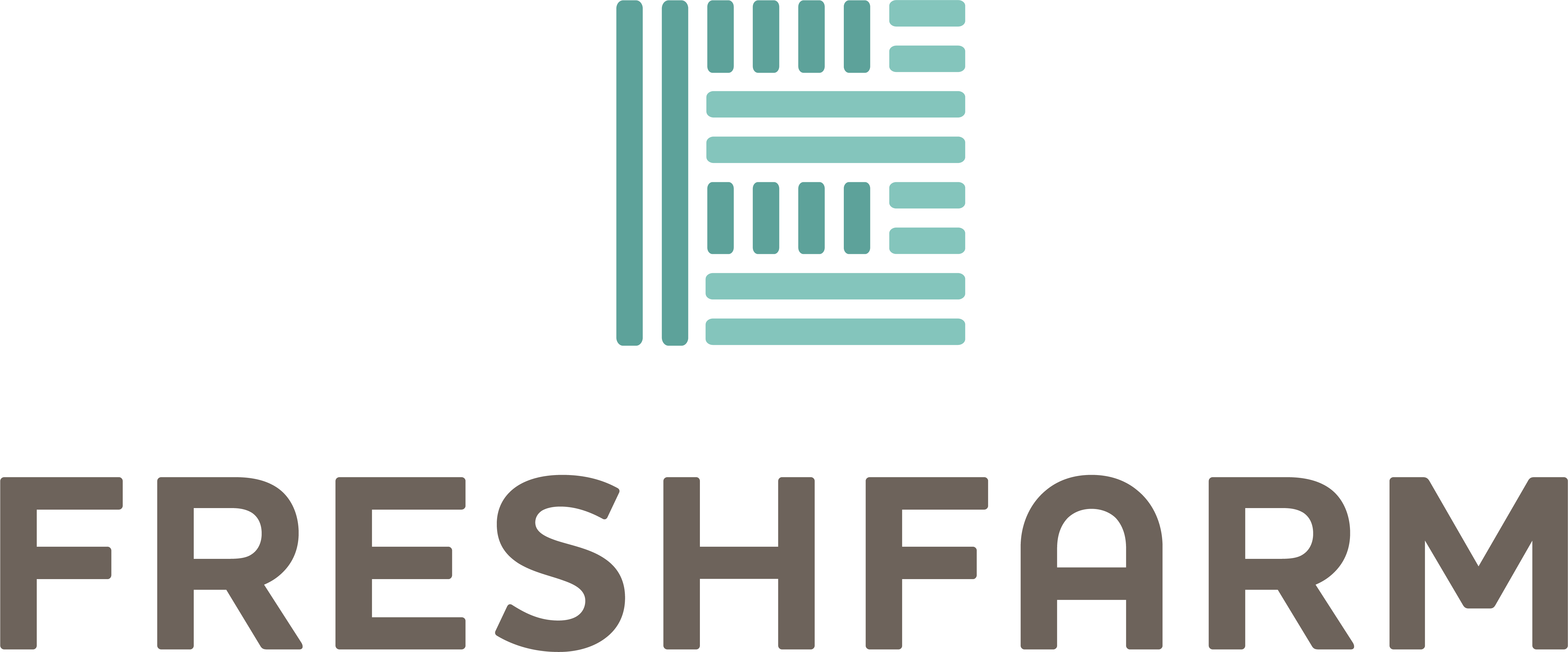Dreaming Out Loud Advocacy
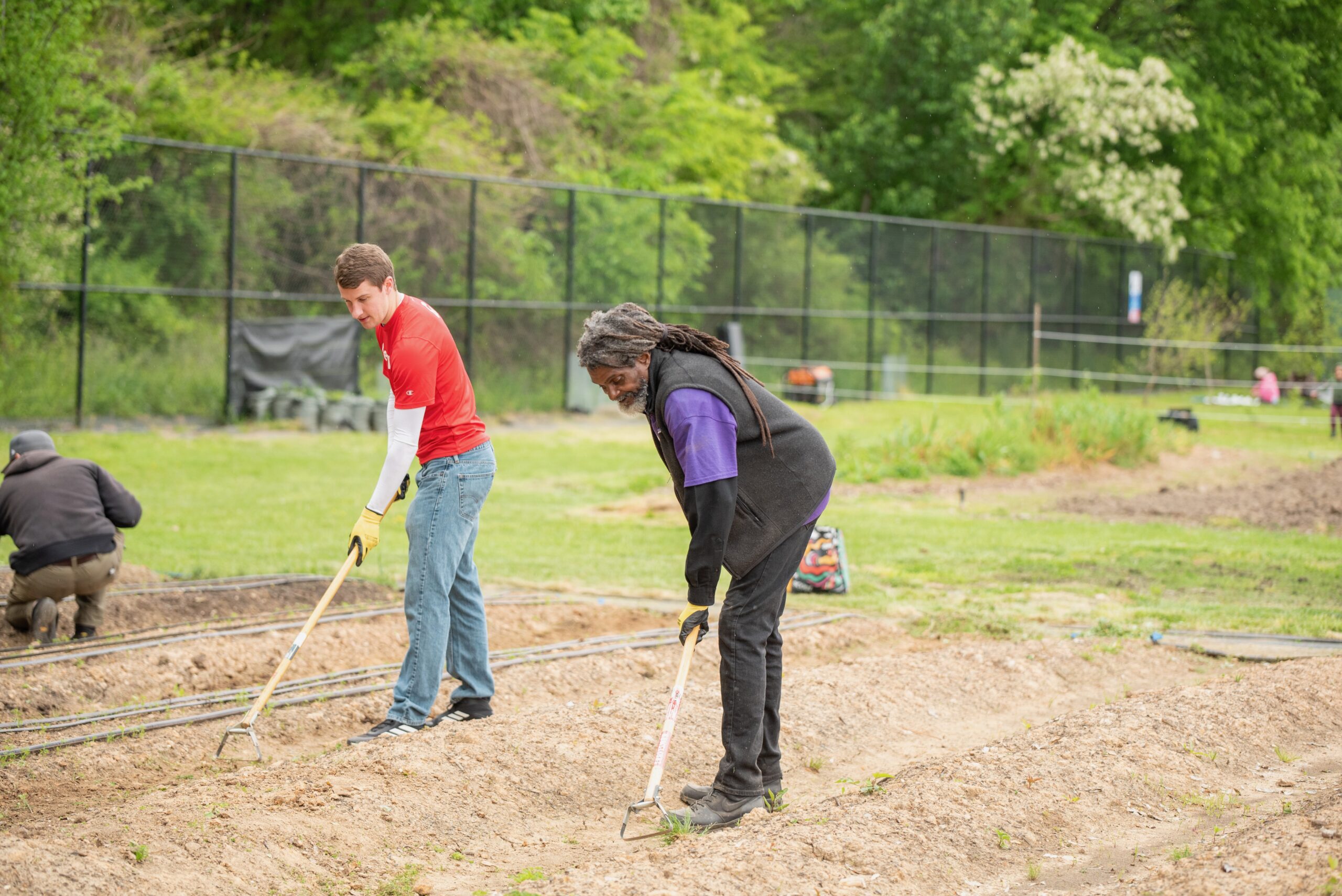
Our Beliefs
We recognize the importance of advocating on initiatives that inform the formation and implementation of policies pertaining to the food system.
Guided by our values and principles, we tirelessly work at supporting, championing and encouraging the formation of policies aimed at creating improved laws that favorably impact members of the community we serve and are a part of.
Support Our Work
DOL's Policy Priorities in 2024
Our advocacy efforts are targeted at food access initiatives, support for low-resourced businesses engaged in the food sector, and support for urban agriculture.
Priority 1: Increase consistent access, availability, and affordability of foods and beverages that promote well-being, and prevent and, if needed, treat disease from X to Y in populations disproportionately impacted by nutrition insecurity.
Projects:
- Adopt a Food Bill of Rights.
- Draft recommendations for coverage of Food is Medicine Interventions.
- Host a summit for nutrition educators to provide training on evaluation and establish jurisdiction-specific metrics for success.
- Collect data to inform counter-marketing campaigns against sugar-sweetened beverages.
Priority 2: Engage diverse businesses (cultural, race, language, and business stage) to build a set of policy and program recommendations for food business post-Covid. Engage through grantee surveys, conversations with existing business cohorts, and focus groups. Share this easy-to-read policy brief back with businesses, business support organizations, and policy and decision-makers.
Projects:
- Draft recommendations on policy & program changes to address the needs & challenges of businesses post-COVID
- Engage diverse food businesses to build on/respond to recommendations in #1 .
- Share with businesses, business support, and decision-makers. Hear from and support businesses in implementing new minimum wage laws.
- Learn and increase awareness of how the government is going to implement the law.
Priority 3: Expand healthy and culturally relevant food access so that District money is invested in Black and Brown locally-owned businesses and communities-sourced enterprises and not resulting in wealth extraction.
Projects:
- Expand discussions on intersectionality between deeply affordable housing and urban agriculture
- Increase funds for farms & non-profits
- Build connections to schools, libraries, and youth programs for continuity & sustainability
Priority 4: Establish a coalition of relevant agencies (COEE, OP, OCP, DPW, DSLBD, and DCPS) and community stakeholders and food system experts to meet monthly to advise and collaborate on implementation of existing district food and climate policies and to integrate food and climate into future policy action.
Projects:
- Research DC food procurement process & laws to identify barriers to values-based procurement, including engagement with small, local producers about experience with CBE + bidding for contracts & develop recommendations for policy change, including an Office of Food procurement)
- Support reductions in consumption by helping businesses adopt climate-friendly memos through TA/funding/support and expanding the Cool Food Pledge at DC institutions.
- Support DC government agencies implementing sustainability and food system resiliency work, including HSEMA, DPW, DOEE & OP.
Priority 5: Communicate and collaborate with residents to increase awareness of District food benefit programs and healthy food retail.
Projects:
- Conduct focus group(s) and outreach with seniors and individuals with disabilities on improving food access programs, including the SNAP Elderly Simplified Application Project and key provisions in the No Senior Hungry Omnibus Act of 2022.
- Universal Free School Meals: Promote policy brief and educate elected officials. (with Nutrition & Health Working Group)
- Increase awareness of funding opportunities through the Nourish DC Collaborative. (Place holder: Katie and Ona talking to Alison)
- Publish one-pagers on District nutrition assistance programs and grocery store access.
